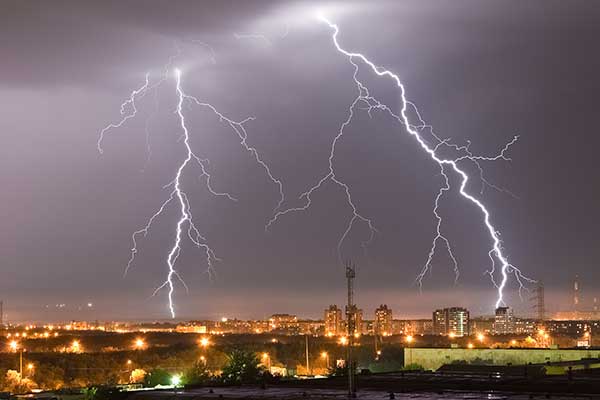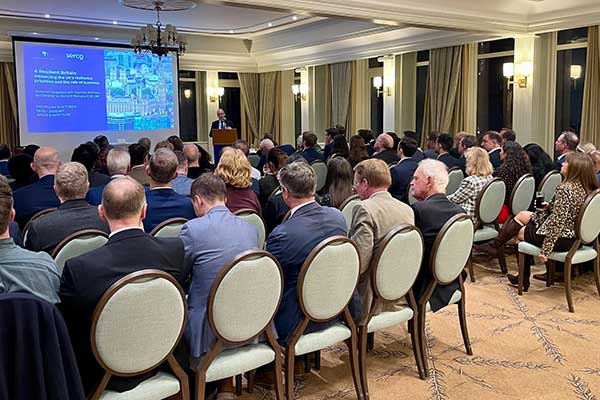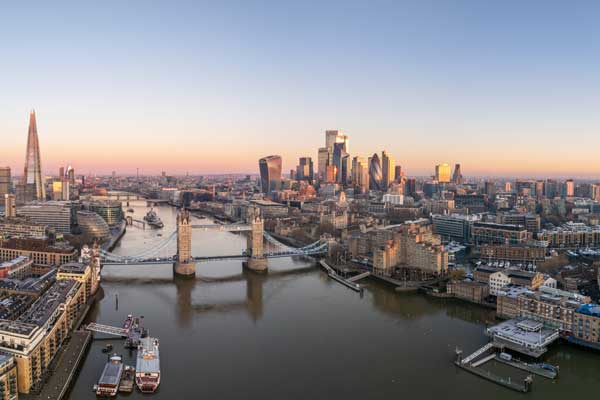Resilience is in vogue. The press and media are peppered with the word, and businesses have it high on agendas. In the light of the present disruptions to fuel, food and transport then it is not surprising that questions about how resilient we are enter discussions in national, local and individual fora.
The benefits of resilience – being able not only to bounce back but also to bounce forward – come at a price. At one level, there is the time and effort needed to plan and prepare before a crisis, yet every £1 spent in preparation can save £4 spent in recovery. This requires foresight and horizon scanning of anticipated challenges as fire-fighting the present crises is just that.
Then there is the cost of holding reserves or having alternative suppliers. This may mean reducing efficiency in what may hitherto have been a lean operation. To replace the traditional ‘just-in-time’ system with one based on ‘just in case’ gives added flexibility and improved continuity even if performance and the bottom line may suffer.
On another level, resilience requires a holistic or whole-of-society approach. While we can be individually resilient, society will only be truly resilient if there is a collective effort to pull together. This may be easier when a protracted national crisis occurs but for fast-moving, large-scale incidents then there needs to be a common societal underpinning that can be quickly drawn up to muster large resources and across-the-board responses.
Thankfully, but perhaps belatedly, the UK Government is preparing a national resilience strategy (in response to the Integrated Review, March 2021) which will include a whole-of-society component. Yet, there is a price to deliver here also. First, there needs to be a co-ordinating mechanism at the centre to direct key elements while, at the same time, a local structure to deliver services on the ground. Secondly, there needs to be trust between the two and a sound communication channel to deliver messages up and down. Thirdly, and possibly the hardest to achieve in a democratic society, is a balance between personal liberty and social responsibility: we may be currently out of kilter.
It is not possible to deliver a national response to a crisis without a large measure of compliance for the common good. While the public is generally commendable at a collective response when called upon in an emergency, there is a growing element – witnessed in other countries as well – of factionalism and resistance in certain quarters around policies that have government labels: the Covid-19 vaccination programme is an example.
If we are to deliver a whole-of-society approach to help us become more resilient then the focus needs to be on not just the strategies and structures but also efforts to build trust (through good leadership) and reassurance (through good communications). As evidence from past disasters shows, communities with deep reservoirs of social capital had higher survival rates and faster recovery rates – hence resilience. To achieve this is a price worth paying.



